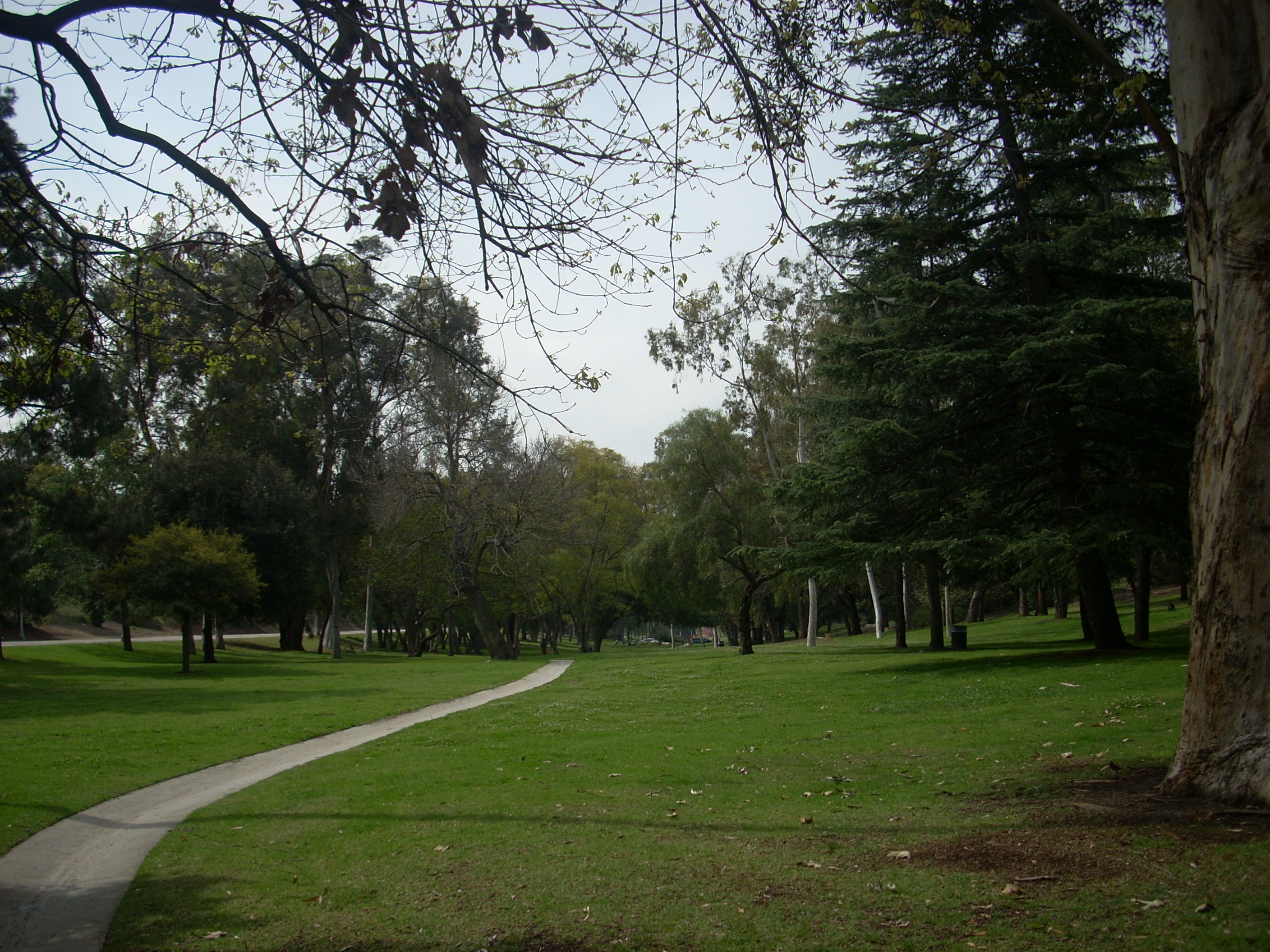
Chavez Ravine
Chavez Ravine is a shallow canyon in Los Angeles, California. It sits in a large promontory of hills north of downtown Los Angeles, next to Major League Baseball's Dodger Stadium.[1][2] Chavez Ravine was named for a 19th-century Los Angeles councilman who had originally purchased the land in the Elysian Park area.[3][4][5]
For other uses, see Chavez Ravine (disambiguation).References in the arts[edit]
Chavez Ravine is mentioned in The Mescaleros' song "All in a Day" in their 2003 album Streetcore.
Chavez Ravine, 1949: A Los Angeles Story (1999) collects interviews and photos by Don Normark documenting the Ravine's culture at the time.
Chávez Ravine is a concept album recorded by Ry Cooder which tells the story of Chávez Ravine. It was nominated for "Grammy Award for Best Contemporary Folk Album" in 2006.[20] It was used as a soundtrack to a 2005 PBS documentary directed by Jordan Mechner. The film makes use of the Normark photos in telling the story of how a Mexican American community was destroyed, thinking their community was going to be replaced with a low-income public housing project, however it was replaced with Dodger Stadium.[21]
The Provisional City (2000) recounts the postwar history of housing in Los Angeles by Dana Cuff, and devotes a section of the book to the politics of transforming Chavez Ravine into a modern housing development designed by Richard Neutra and Robert Alexander, and the demise of that utopian plan.
A portion of the Great Wall of Los Angeles, a mural by Judith F. Baca in the Tujunga Wash Drainage Canal in San Fernando Valley, California, is titled "The Division of the Barrios and Chavez Ravine." It depicts families separated by freeways and the Dodger Stadium in the air like a spaceship.
In 2003, the Urban Performance Troupe Culture Clash, comprising three writers and performers Richard Montoya, Ric Salinas and Herbert Siguenza, premiered a stage show titled Chávez Ravine at the Mark Taper Forum.
The 1952 crime drama film Without Warning! has several scenes that take place in Chavez Ravine.
During Dave Dameshek's "Number One Sports" segment on The Adam Carolla Show, Dodger Stadium was often humorously referred to as Chavez Ravine.
At the end of the Twilight Zone episode "The Whole Truth" (1961) Rod Serling says "be particularly careful in explaining to the boss about your grandmother's funeral when you are actually at Chavez Ravine watching the Dodgers."
"Chavez Ravine" is mentioned in episode "Community" of the TV police drama Southland when a fraud victim describes how he was "born on home plate" and lived in his family home in Chavez Ravine until May 9, 1959, when the city came in and bulldozed his home to make way for Dodger Stadium.
In the Amazon TV series Bosch, Police Commissioner Bradley Walker, played by John Getz, states that "My father bulldozed Bunker Hill so that lawyers could have an ocean view, *his* father destroyed Chavez Ravine for low cost housing he knew would never happen."[22]
Dick Valentine, lead singer of Electric Six, has the song named "The Ghost of Chavez Ravine"
Wayne and Shuster mention Chavez Ravine in their sketch "A Shakespearean Baseball Game": "I thought I saw the ghost of Dizzy Dean/Calling a game in the Chavez Ravine."
The 2009 novel by Thomas Pynchon, Inherent Vice, and its 2014 film adaptation both make mention of a "Long, sad history of L.A. land use... Mexican families bounced out of Chavez Ravine to build Dodger Stadium".